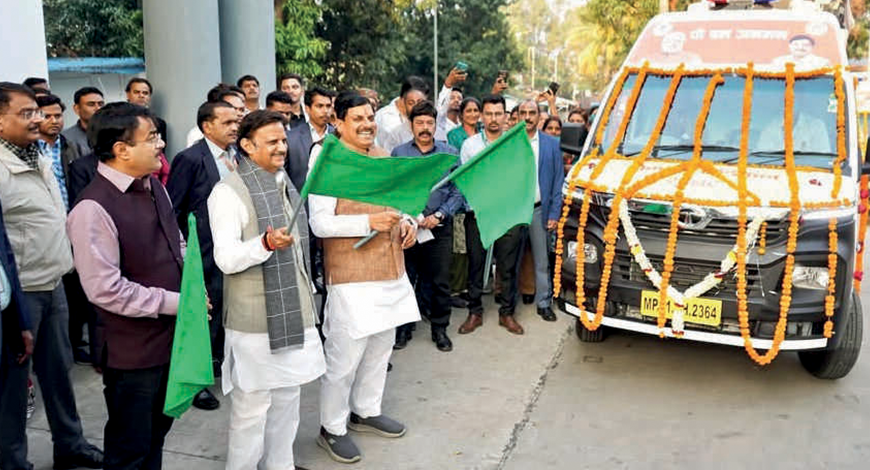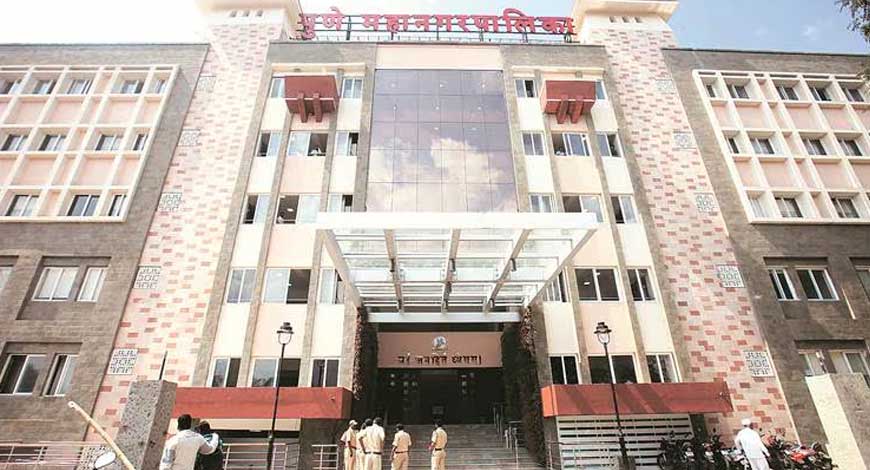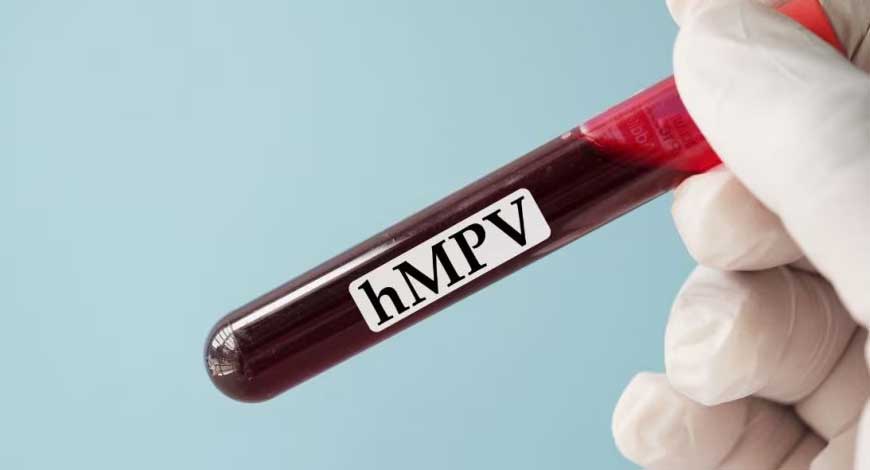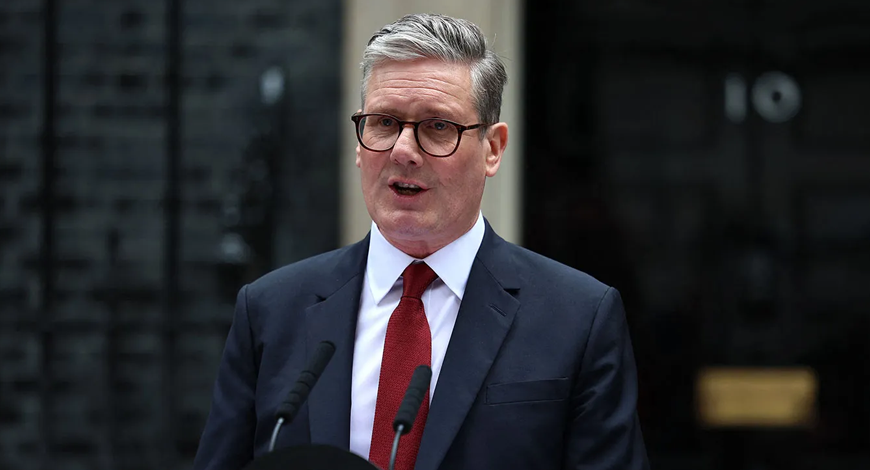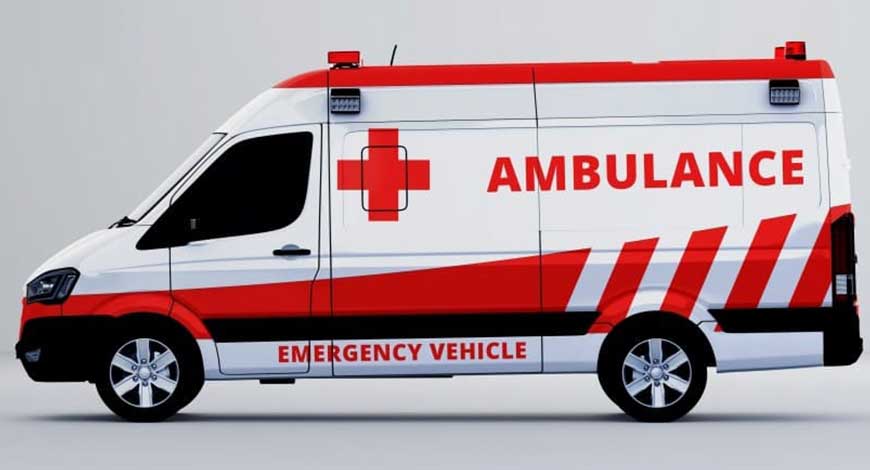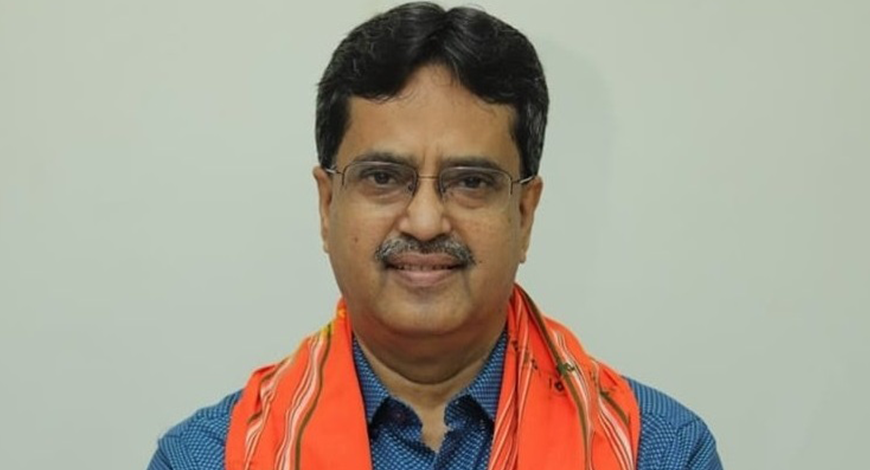More NHS hubs will be set up in community locations and there will be greater use of the private sector to help reduce hospital waiting lists in England, the prime minister has said.
Sir Keir Starmer also promised patients more choice over where they are treated, as he unveiled plans to tackle the NHS backlog.
The waiting list currently stands at 7.5 million, with more than 3 million having already waited longer than the 18-week target.
Sir Keir said his plans would reduce the number of long waits by nearly half a million over the next year.
Doctors’ leaders welcomed the plan but expressed concern over whether there were enough staff to achieve the goals being set.
The plan includes:
- expanding the network of community diagnostic centres and surgical hubs, to enable more treatment outside of hospitals
- making it easier to exercise patient choice – this was introduced 20 years ago but only one out of every four patients believes they are offered a choice of where they are treated
- a new deal with the independent sector so more NHS patients can be treated in private clinics, with a particular emphasis on joint operations and gynaecological procedures
Sir Keir said: “NHS backlogs have ballooned in recent years, leaving millions of patients languishing on waiting lists, often in pain or fear, lives on hold, potential unfulfilled.
“This elective reform plan will deliver on our promise to end the backlogs.
On expanding use of the private sector, Sir Keir acknowledged “some would not like this” but added: “I’m not interested in putting ideology before patients.”
A key Labour election pledge, now included in the government’s six main priorities, is for 92% of patients to begin treatment or be given the all clear within 18 weeks, by the end of this Parliament.
This has been an official NHS target for some time but has not been met since 2015.
Currently, only 59% of patients meet the 18-week target, with three million people waiting longer.
The new promise is to reach 65% by March 2026, which, according to the government, would reduce the backlog by more than 450,000.
Community diagnostic centres aim to treat patients more quickly, closer to home and without relying on hospitals.
They will provide up to half a million extra appointments each year, officials say.
And where appropriate, GPs will be able to refer patients directly to these centres, without a prior consultation with a specialist doctor.
More surgical hubs will also be created to focus on common, less complex procedures, such as cataract surgeries and some orthopaedic work.
These hubs are ring-fenced from other parts of the hospital, to ensure operating-theatre time is not lost if there are emergency cases.
The new plan also says abolishing automatic review appointments after treatment, offering them instead only to patients who request them, will free up a million appointments every year for patients who really need them.
And officials say these extra appointments will be in addition to the two million a year – or 40,000 a week – above the normal annual total of more than 100 million, that Labour promised, before the election, to create within a year.
‘Boosting convenience’
Work on this pledge began soon after the election, ministers have confirmed.
Plans for patients to use the NHS App to monitor and book consultations and test results, with greater control over where they are treated, have already been announced.
The goal is to make the system more efficient and reduce the number of missed appointments.
NHS England chief executive Amanda Pritchard said: “The radical reforms in this plan will not only allow us to deliver millions more tests, appointments and operations but do things differently too – boosting convenience and putting more power in the hands of patients, especially through the NHS App.”
The overall waiting list for NHS appointments, procedures, and surgeries in England stands at just under 7.5 million.
This will inevitably fall as measures to meet the 18-week benchmark take effect, ministers say, but the new plan sets no target level.
NHS England’s funding has been set for the upcoming year – but the additional money needed to support extra activity in hospitals will be outlined in the government’s spending review later this year.
‘Rising demand’
Prof Phil Banfield, of the British Medical Association, expressed doubt over whether the plan could be delivered.
“Doctors have been just as frustrated as their patients by the lack of facilities to deliver care and want to bring waiting lists down,” he said.
“But the reality is that without the workforce to meet constantly rising demand, we will not see the progress we all hope for.”
Prof Banfield’s concerns were echoed by Dr Jeanette Dickinson, who chairs the Academy of Medical Royal Colleges Council.
“We know that these things can make a difference, we know that these have been tried in small areas, piloted, and do make a difference,” she told the BBC Radio 4’s Today programme.
“It’s doing it at pace and at scale, having the staff available, having the estate available, the operating theatres, the consulting rooms, the capacity to deliver those changes.”
‘Hip replacements’
Shadow health secretary Ed Argar said the Conservatives had “revolutionised” the diagnostic process by rolling out 160 community diagnostic centres.
And the government’s plan was “another announcement that makes clear, after 14 years in opposition, the Labour Party have no new ideas of their own for the NHS – despite promising change”.
“Patients cannot wait for more dither and delay from the government who promised so much and so far have delivered so little,” he said.
Liberal Democrat health spokesperson Helen Morgan said the plan for waiting lists could risk “putting hip replacements over heart attacks”, unless the “crises” in emergency and social care were addressed. BBC

